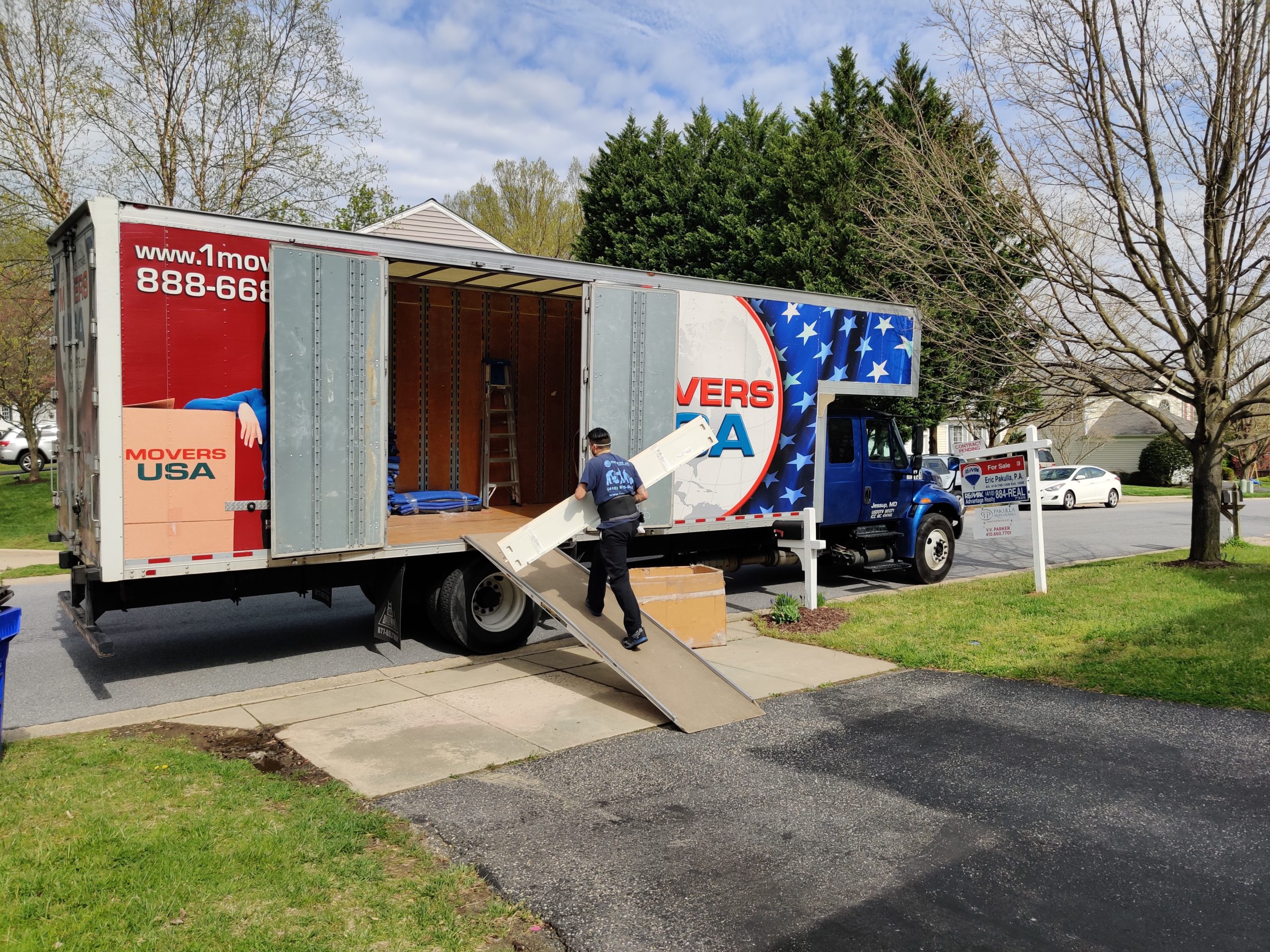ORDER FOR SERVICE
Moving companies are required to prepare an order for service on every shipment transported for an individual shipper. You are entitled to a copy of the order for service when it is prepared.
The order for service is not a contract. Should your move be canceled or delayed or if you decide not to use the mover, you should promptly cancel the order.
Should there be any change in the dates on which you and the mover agreed that your shipment will be picked up and delivered, or any change in the non-binding estimate, the mover may prepare a written change to the order for service. The written change should be attached to the order for service. You and the mover must sign the order for service.
BILL OF LANDING
The bill of lading is the contract between you and the mover. The mover is required by law to prepare a bill of lading for every shipment it transports. The information on the bill of lading is required to be the same information shown on the order for service. The driver who loads your shipment must give you a copy of the bill of lading before loading your furniture.
IT IS YOUR RESPONSIBILITY TO READ THE BILL OF LADING BEFORE YOU ACCEPT IT.The bill of lading requires the mover to provide the service you have requested, and you must pay the charges for the service.
THE BILL OF LADING IS AN IMPORTANT DOCUMENT. DO NOT LOSE OR MISPLACE YOUR COPY. Have it available until your shipment is delivered, all charges are paid and all claims, if any, are settled.
INVENTORY
At the time the mover’s driver loads your shipment, he or she, although not required to do so, usually inventories your shipment listing any damage or unusual wear. The purpose is to make a record of the condition of each item. If the driver does not make an inventory, you should make one yourself.
After completing the inventory, the driver will usually sign each page and ask you to sign each page. It is important before signing that you make sure that the inventory lists every item in your shipment and that the entries regarding the condition of each item are correct. You have the right to note any disagreement. When your shipment is delivered, if an item is missing or damaged, your ability to recover from the mover for any loss or damage may depend on the notations made. The driver will give you a copy of each page of the inventory. Attach the complete inventory to your copy of the bill of lading. It is your receipt for the goods.
At the time your shipment is delivered, it is your responsibility to check the items delivered against the items listed on your inventory. If new damage is discovered, make a record of it on the inventory form. Call the damage to the attention of the driver and request that a record of the damage be made on the driver’s copy of the inventory.
After the complete shipment is unloaded, the driver will request that you sign the driver’s copy of the inventory to show that you received the items listed. Do not sign until you have assured yourself that it is accurate and that proper notations have been entered regarding any missing or damaged items. When you sign the inventory, you are giving the driver a receipt for your goods.


